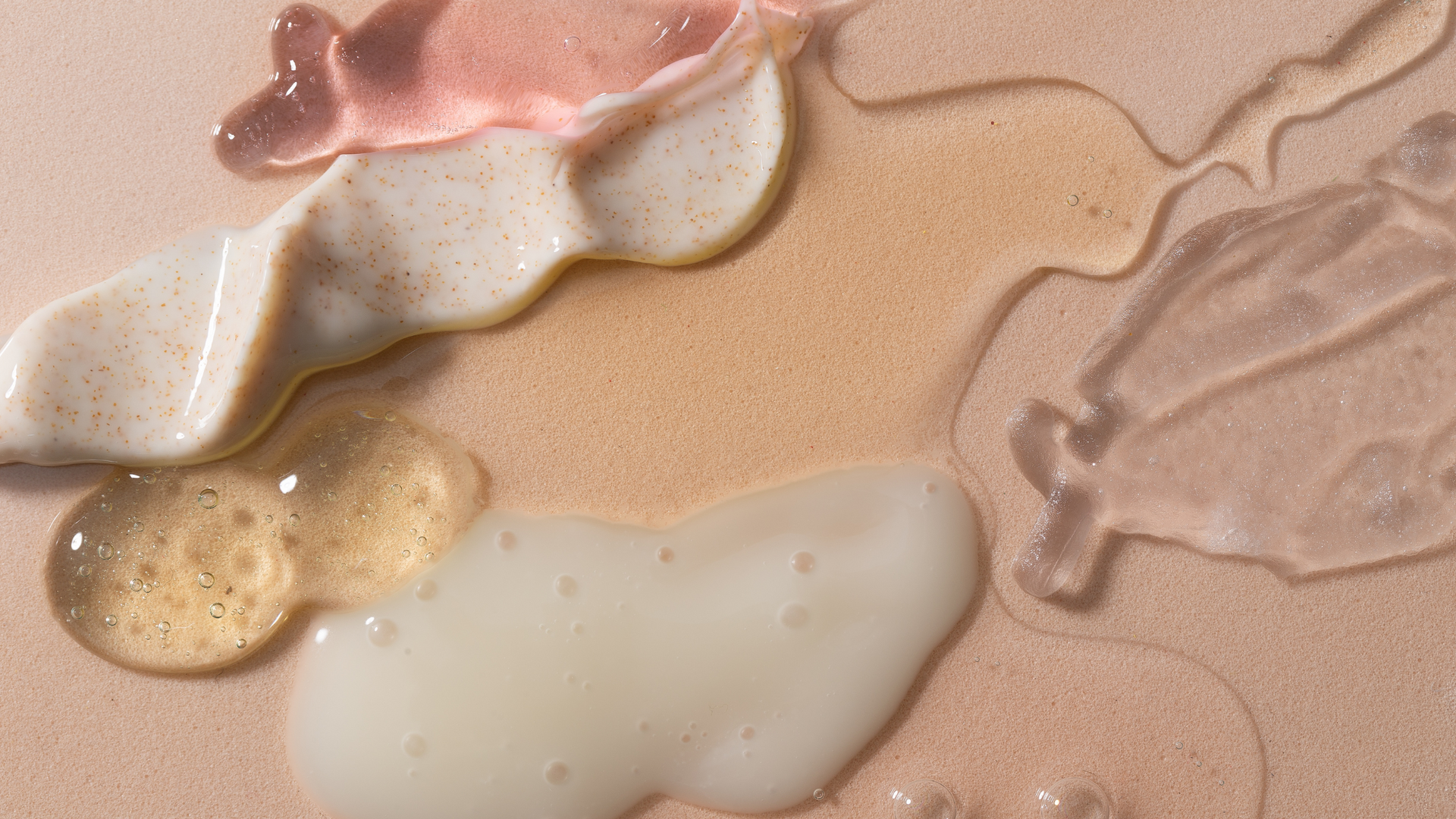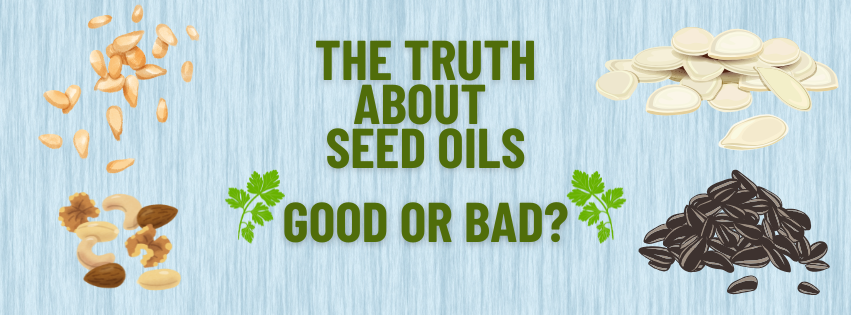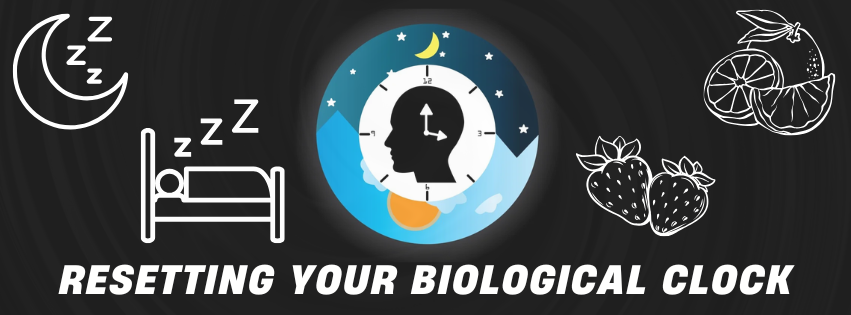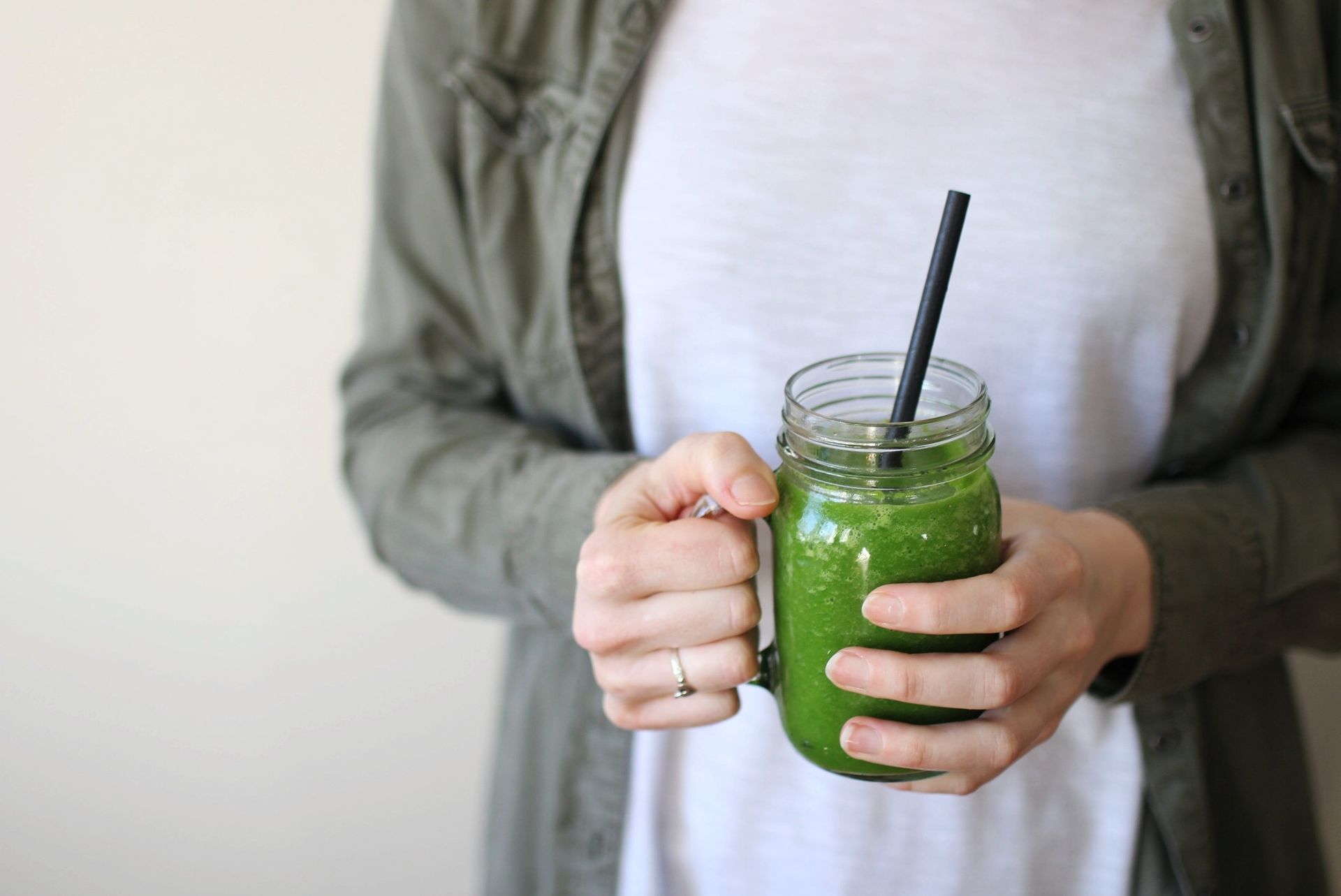Expect Better from Your Water
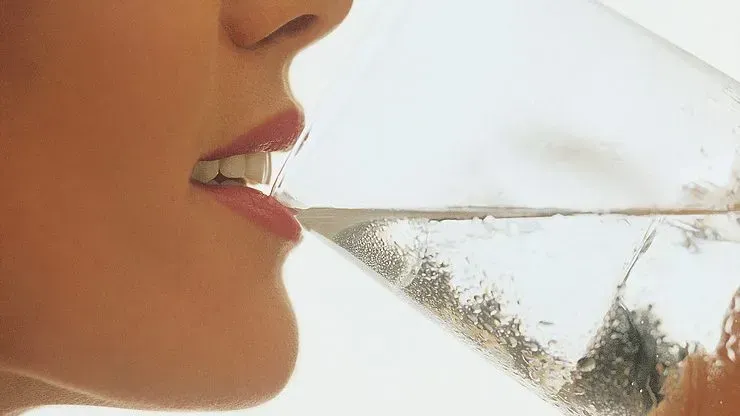
If your water tastes good and you have confidence in its quality, you will drink more. Why is drinking water so important? Water is essential to our well-being. Our bodies are comprised of about 60% water. Water improves the functioning of all major organs, which makes sense when you consider your brain and heart are about 74% water, your lungs are 83%, and your kidneys and muscles are 79% water. Every day humans must consume a certain amount of water to survive. To keep the body hydrated, experts recommend about 3 liters per day for men and 2.2 L per day for women. While some of this water is found in the food we eat, the majority comes from drinking water.
Water serves a number of essential functions like regulating our internal body temperature, carrying oxygen and nutrients to our cells, and aiding in digestion. Water boosts metabolism and assists with the breakdown of food which enables your digestive system to work well. By staying hydrated you will have healthier skin, less headaches, less muscle pain and will notice an increase in concentration and energy levels. Fatigue is usually the first sign of dehydration. Water lubricates our joints, protects our organs and flushes out harmful toxins from our bodies. It helps promote kidney function and reduces the risk of kidney stones. Without proper hydration, we open our bodies to a variety of health risks.
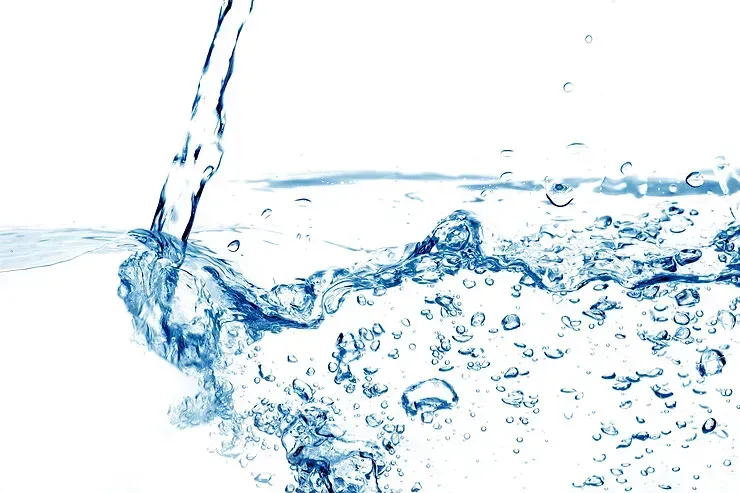
So what is actually in our drinking water? And what does it mean for our health? Water is referred to as a universal solvent, meaning that it has a tendency to dissolve minerals, salts and other chemicals that it comes into contact with. This can be good, like when drawing from a well and picking up ‘good minerals’ like calcium and magnesium, but issues come up with well water containing high levels of total dissolved solids (TDS) as we tend to see more sodium chloride, iron and sulphur. Canadian federal and provincial guidelines recommend consuming less than 500 milligrams per liter of TDS. There is a certain amount of natural filtration that takes place underground, but influence from surface water does occur. Recent concerns have been raised about microbeads, as well as about elevated levels of pharmaceuticals cycling through our bodies and water systems.
Most municipalities draw surface water from lakes and rivers. Surface water is particularly susceptible to run off from farming which can lead to increased levels of pesticides, herbicides and fertilizers. Aside from run-off, surface water also has much higher levels of micro-organisms and thus requires proper filtration and disinfection to ensure its safety. What this means for end consumers is the water enters your home with a chlorine residual. There is a concern out there over the long term effects of ingesting chlorine; when chlorine is combined with organic matter it can produce Trihalomethanes (chlorination byproducts), or THMs. The steam from showering can contain 50 times the chemicals of regular tap water! The good news is that chlorine is one of the easiest substances to remove once it has served its purposes and kept our water free from contaminants up to the point of consumption.

So how can we can ensure out water is the highest quality? A good home filtration system is able to remove chlorine as it enters your home. Granular activated carbon will do the trick, its one of nature’s greatest filters, improving taste and odour considerably. Reverse osmosis drinking water systems are easy to install in the kitchen or at the fridge, and provide the highest quality of drinking water. A reverse osmosis system removes >95% of dissolved solids and can be followed by a
re-mineralizing filter to raise the pH and add the calcium and magnesium back into the water. This process will improve the quality of drinking water from wells, as well as remove taste and odour from municipal water supplies.
Talk to a water treatment specialist today!
Our founder Jo Anne has always said that one of the best things you can do for yourself is to drink good quality water. That’s why we asked Lilli & Rowan to write this article for us! Lilli is a long-time wellness champion here in our community, we have loved getting to know her & her family over the years. She and her husband Rowan are the co-owners of McLeod’s EcoWater.
You can also enjoy mineralized, alkaline water at home with the Santevia Alkaline Water Pitcher. This convenient, hand-held pitcher fits in the door of your refrigerator, and restores your tap water to its mineral-rich state–just like nature intended.
With a Santevia Alkaline Pitcher, you’ll not only help maintain your body’s healthy pH balance, but you’ll also save money you would have spent on expensive mineral water in stores. It’s a great choice for the environment, too, since one pitcher eliminates over 8,300 single-use plastic bottles every year!
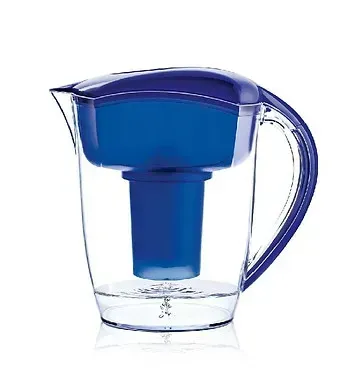
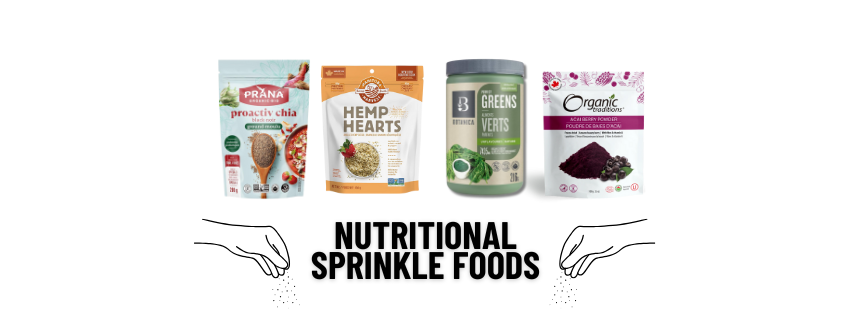
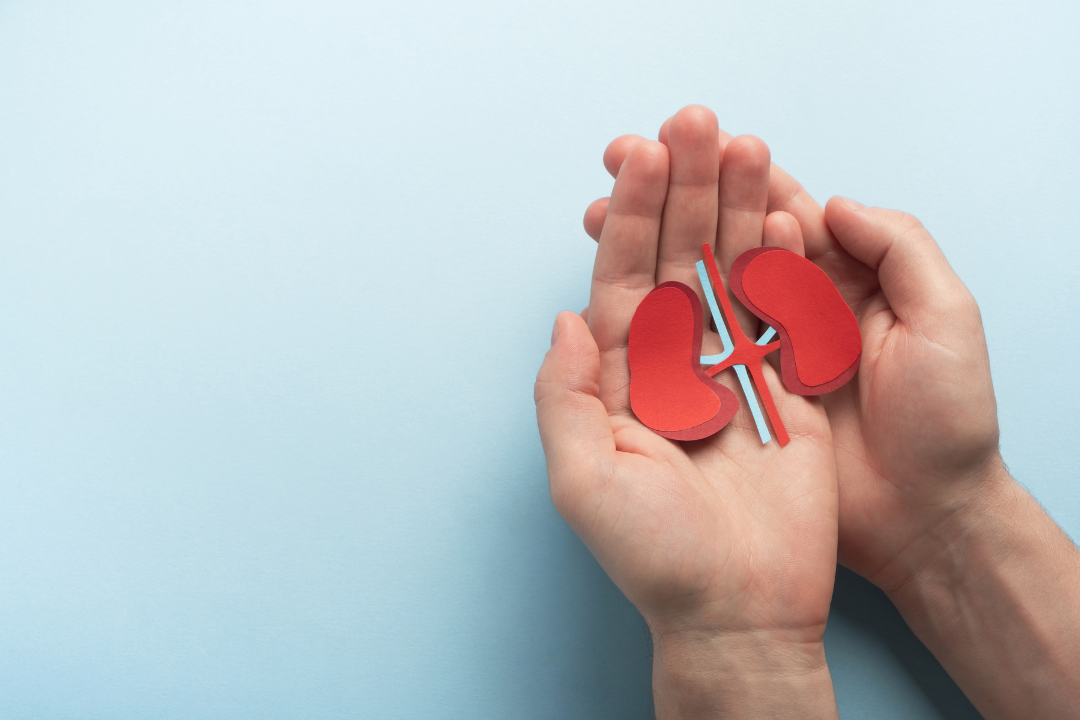
Get in Touch
All Rights Reserved | Jo Anne's Place Health Foods
Join Our Newsletter
Contact Us
We will get back to you as soon as possible.
Please try again later.
SITE DESIGN BY PTBOCANADA DIGITAL MARKETING AGENCY

